
In Sweden, You’re Not Allowed to Leave Your Dog Alone for More Than Six Hours, Here’s the Reason
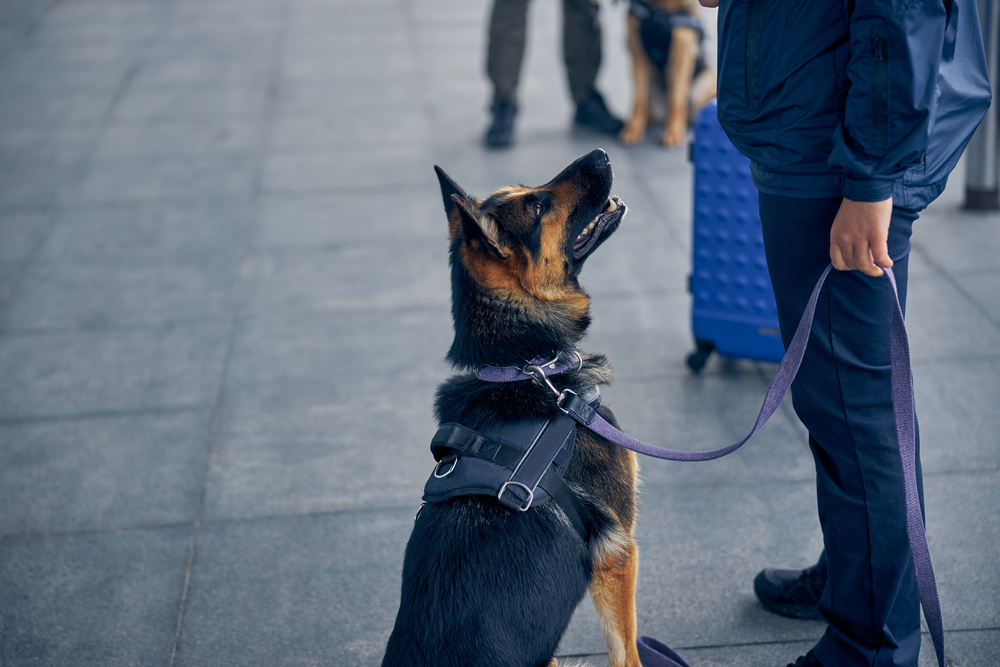
The Six-Hour Rule: What Sweden Can Teach the World About Caring for Dogs
Imagine leaving for work in the morning, locking the door behind you, and not returning until dinner. Now imagine that, during those long hours, someone waits for you—no phone, no books, no distractions—just silence, stillness, and the hope that you’ll come back soon. For millions of dogs, this isn’t a thought experiment. It’s reality.
In Sweden, that quiet, lonely wait isn’t simply noticed—it’s recognized in law. By regulation, you cannot leave your dog alone for more than six hours without human contact or a walk. This isn’t about coddling pets or indulging in sentimental thinking. It’s about acknowledging dogs for what they truly are: emotionally intelligent, socially wired beings who perceive time, form deep attachments, and feel loneliness in very real ways.
While many countries still treat long hours of isolation as a normal part of a dog’s life, Sweden treats it as a welfare concern. This distinction isn’t just a legal curiosity—it’s a cultural statement about empathy, responsibility, and the mutual presence that animals and humans depend on.
A Science-Based Law, Not Just Sentiment

At first glance, Sweden’s six-hour rule might seem like a cultural nicety—a sweet, progressive touch from a country already known for its social welfare policies. But the foundation is solid science, not sentimentality.
Contrary to the long-held belief that dogs “just sleep the day away,” studies have shown they are acutely aware of how long they’ve been alone. Their circadian rhythms—the internal clocks regulating sleep, activity, and mood—are finely tuned. Research in Applied Animal Behaviour Science reveals a clear pattern: after short absences, dogs remain relatively calm, but once alone for four to six hours, their stress responses increase noticeably. They may pace, whine, bark, become hyperactive, or withdraw entirely. These changes aren’t random—they’re biological signals of emotional strain.
This is rooted in their evolutionary history. Dogs descended from wolves—pack animals whose survival depended on constant social connection. Thousands of years of domestication have only deepened their reliance on companionship, especially with humans. “Being alone is not natural for a dog,” says animal welfare expert Jens Jokumsen. Even if a dog sits quietly while you’re gone, it doesn’t mean they’re content; some simply shut down, conserving emotional energy while waiting for your return.
The six-hour limit wasn’t chosen arbitrarily—it reflects the point at which solitude becomes harmful for most dogs. In Sweden, that knowledge isn’t just academic; it’s embedded in law and enforced with real consequences. The goal isn’t to punish owners but to redefine good care: not merely food and shelter, but consistent, meaningful connection as a biological need—not a luxury.
The Emotional Cost of Canine Isolation

We often say dogs are “part of the family,” but if we believed that fully, would we routinely leave them alone for eight, ten, or even twelve hours a day?
Dogs don’t understand the concept of workdays or commuting. They only know that the person they depend on has vanished, and they don’t know when—or if—you’ll return. That uncertainty can be deeply distressing.
Some dogs express this anxiety loudly, through howling, barking, or destruction. Others suffer silently. Pet cameras often reveal hours of pacing, trembling, or lying motionless, eyes fixed on the door. Owners may take comfort in the idea that their dogs “just sleep,” but for many, those naps are fragmented and restless.
The pandemic amplified this problem. During lockdowns, dogs enjoyed unprecedented companionship. But as life returned to normal, many pets—especially those who had never been left alone—developed separation anxiety. Shelters across Europe and North America saw increases in surrenders, not because dogs misbehaved, but because their needs were underestimated.
Veterinary behavioral research confirms that chronic loneliness can cause symptoms similar to human depression: reduced appetite, withdrawal from play, restless pacing, and excessive clinginess. Over time, this emotional strain can affect physical health, just as it does in people. As Jokumsen bluntly warns, “If you don’t have time for the dog, don’t get one.”
What Sweden Gets Right About Animal Welfare

In Sweden, dogs are seen not as accessories, but as sentient beings with legal rights. The six-hour rule is just one part of a larger framework that protects animal well-being.
By law, Swedish dogs must be walked several times daily, have access to daylight, and receive mental stimulation. Long-term crating is prohibited, tethering is limited to one hour, and even indoor-kept dogs must be able to look out of a sunlit window.
Other animals benefit from similar principles: cows must graze outdoors for part of the summer, guinea pigs must be kept in pairs to prevent loneliness, and all animals must have environments suited to their behavioral needs. Violations can result in fines, bans on ownership, and even prison time.
This might seem extreme compared to countries where dogs are routinely confined for entire workdays without legal consequence. But Sweden’s approach sends a clear message: animal welfare is not optional or secondary—it is a societal priority backed by law.
Redefining Responsible Dog Ownership

Sweden’s model challenges owners everywhere to think differently about responsibility. It’s not enough to provide food, shelter, and occasional affection. True care means integrating a dog’s needs into daily life, even when inconvenient.
That begins with time—intentional, structured time. Owners may need to coordinate schedules, hire walkers, use doggy daycare, or negotiate flexible work arrangements. These aren’t luxuries; they’re tools for meeting a dog’s minimum welfare needs.
Mental stimulation is equally important. Dogs are natural explorers, problem-solvers, and scent-seekers. Quick bathroom walks don’t satisfy these instincts. Varying routes, offering puzzle toys, and playing scent games can prevent boredom and anxiety.
The key question for any potential owner is simple: Can I meet this animal’s needs every day, for its entire life? As Jokumsen reminds us, “It’s not a human right to have a dog.”
What Our Treatment of Animals Says About Us

Sweden’s law is more than a policy—it’s a reflection of cultural values. It recognizes that boredom, anxiety, and loneliness are real forms of suffering. It forces us to listen not just to the loud cries of distress, but also to the quiet, patient suffering that can be easy to overlook.
Empathy, here, is not sentimental—it’s practical, enforceable, and grounded in science. Laws like this expand the moral circle to include beings who cannot advocate for themselves. They remind us that care is not just about preventing harm, but about providing presence, comfort, and security.
Whether or not we live in Sweden, we can choose to adopt its ethos: showing up for our dogs not just when it’s convenient, but consistently—every single day. Because owning a dog isn’t about possession. It’s about partnership, loyalty, and meeting a living being’s needs in return for the trust they give us without question.
News in the same category

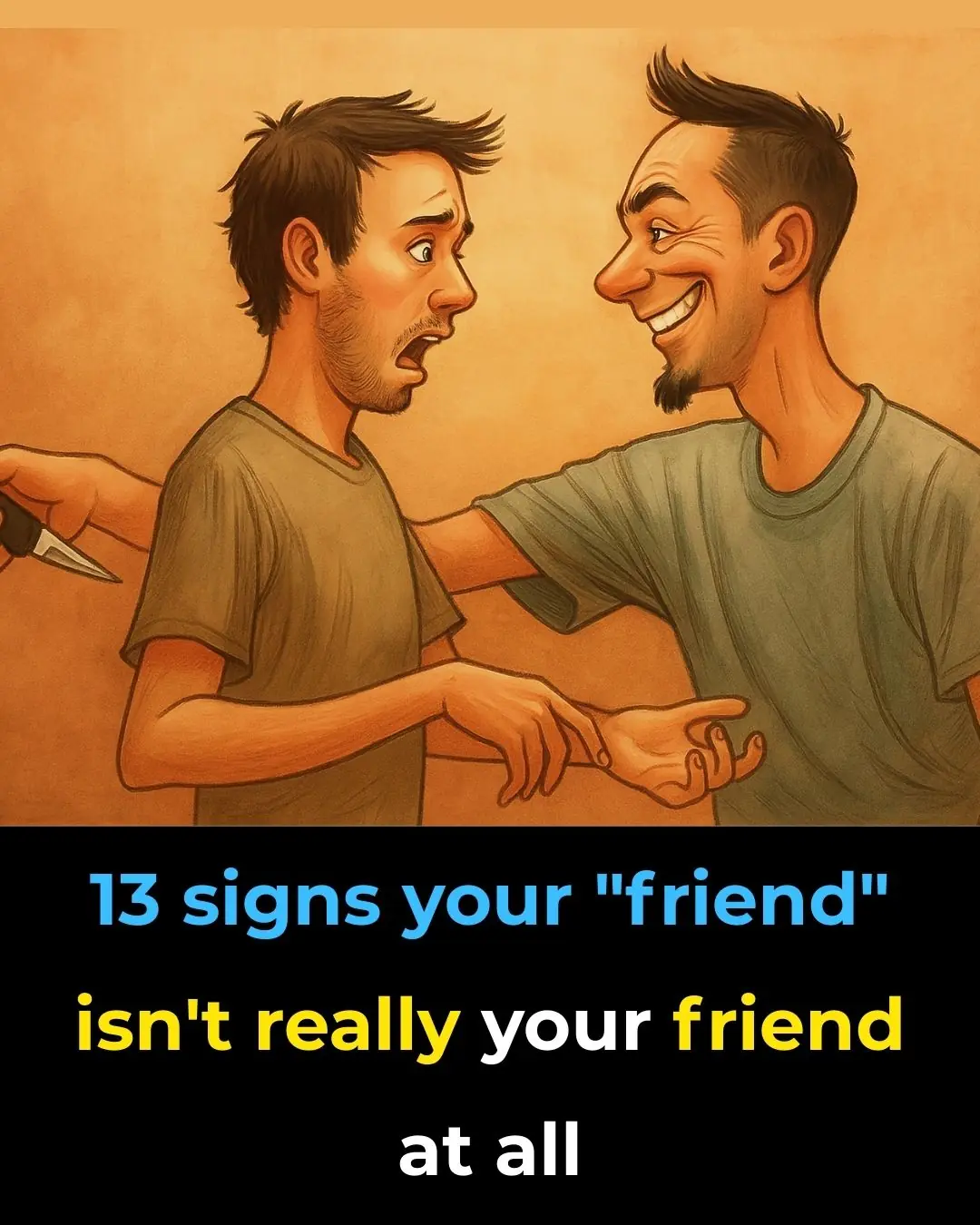
10 Types of Toxic Friends to Avoid

Index Finger Length: Personality and Fortune

Underwater City Near 'Noah's Ark' Discovery Might Change The Bible Story We Thought We Knew

Reason Mark Zuckerberg Just Spent $15,000,000,000 to Hire This 28-Year-Old ‘College Drop Out’ for Meta

Cut a lemon in four and keep it in your bedroom overnight – the reason is brilliant
This lemon trick is a small change that makes a big difference.

Italy just upgraded dogs to cabin class. No more cargo holds for dogs!
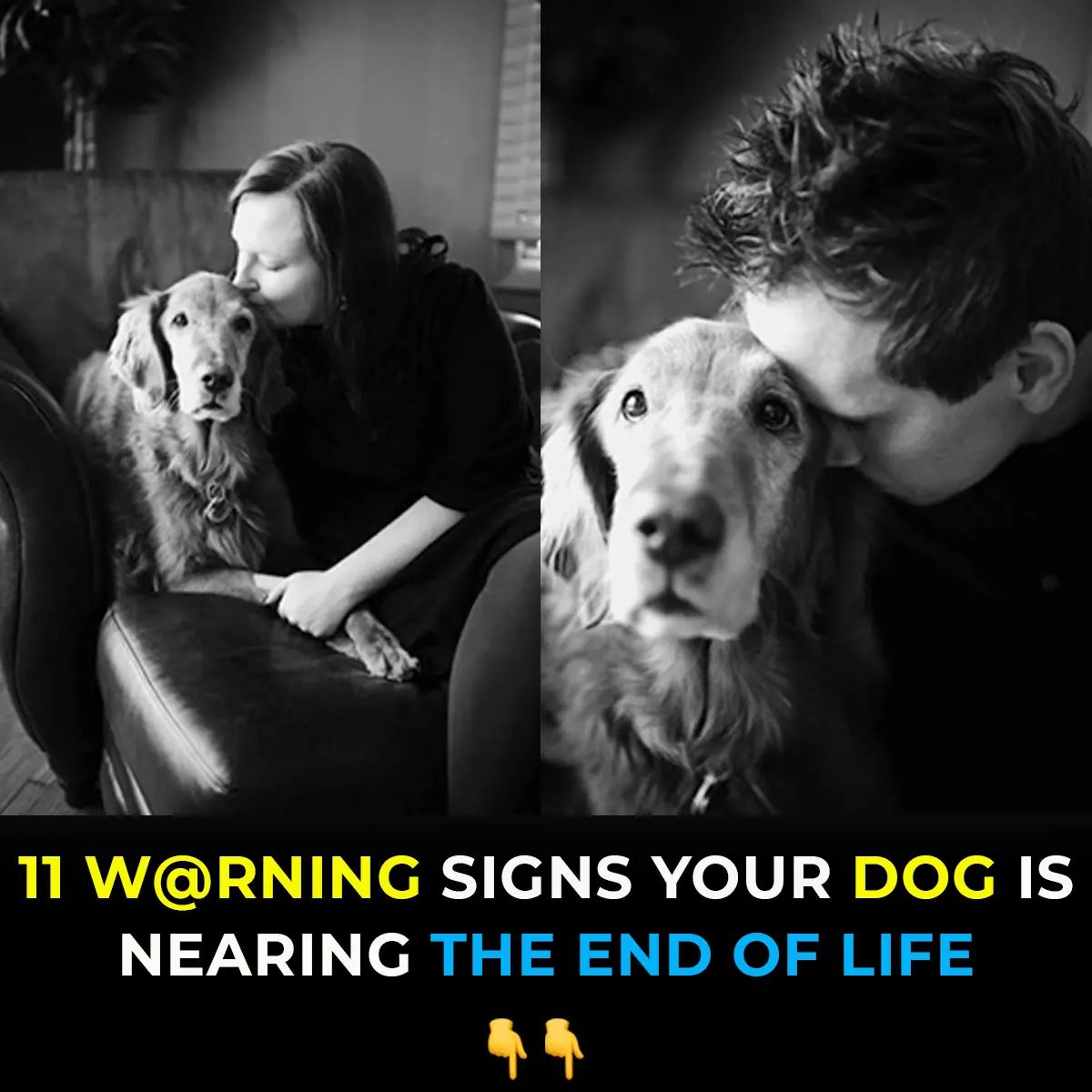
11 Heartbreaking Signs Your Dog Is Nearing the End—And How To Give Them The Love They Deserve

15 Things That Might Hint at Her Romantic Past
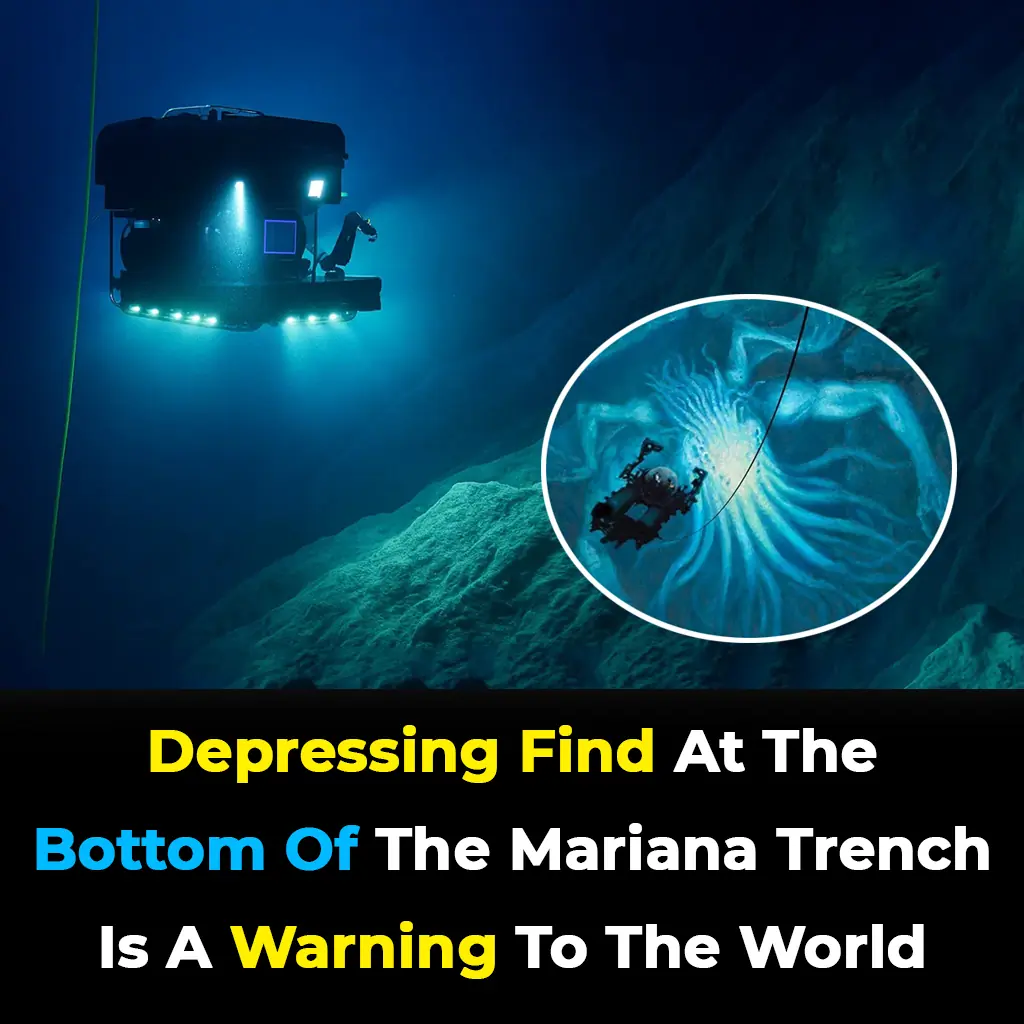
Depressing find at the bottom of the Mariana Trench is a warning to the world
The Mariana Trench, Earth’s deepest ocean abyss, was once thought to be untouched by human hands. But the discovery of a single plastic bag in its darkest depths has become a chilling symbol of how far our pollution has reached.

Unveiling Personality Secrets: What’s the First Color You See?

If you see square waves forming in the ocean, get out of the water immediately
The mesmerizing chessboard-like patterns on the ocean’s surface may seem harmless, but they’re hiding a dangerous secret. Scientists warn that these rare formations, known as square waves, can turn the sea into a deadly hazard in seconds.

The flowers you love the most uncover hidden aspects of your personality
Flowers don’t just brighten our surroundings — they can also serve as a fascinating mirror to our inner world. From the joyful daisy to the mysterious violet, your favorite bloom could reveal your emotional depth, values, and the way you connect with

Experts warn: Don’t swap your oven for an air fryer
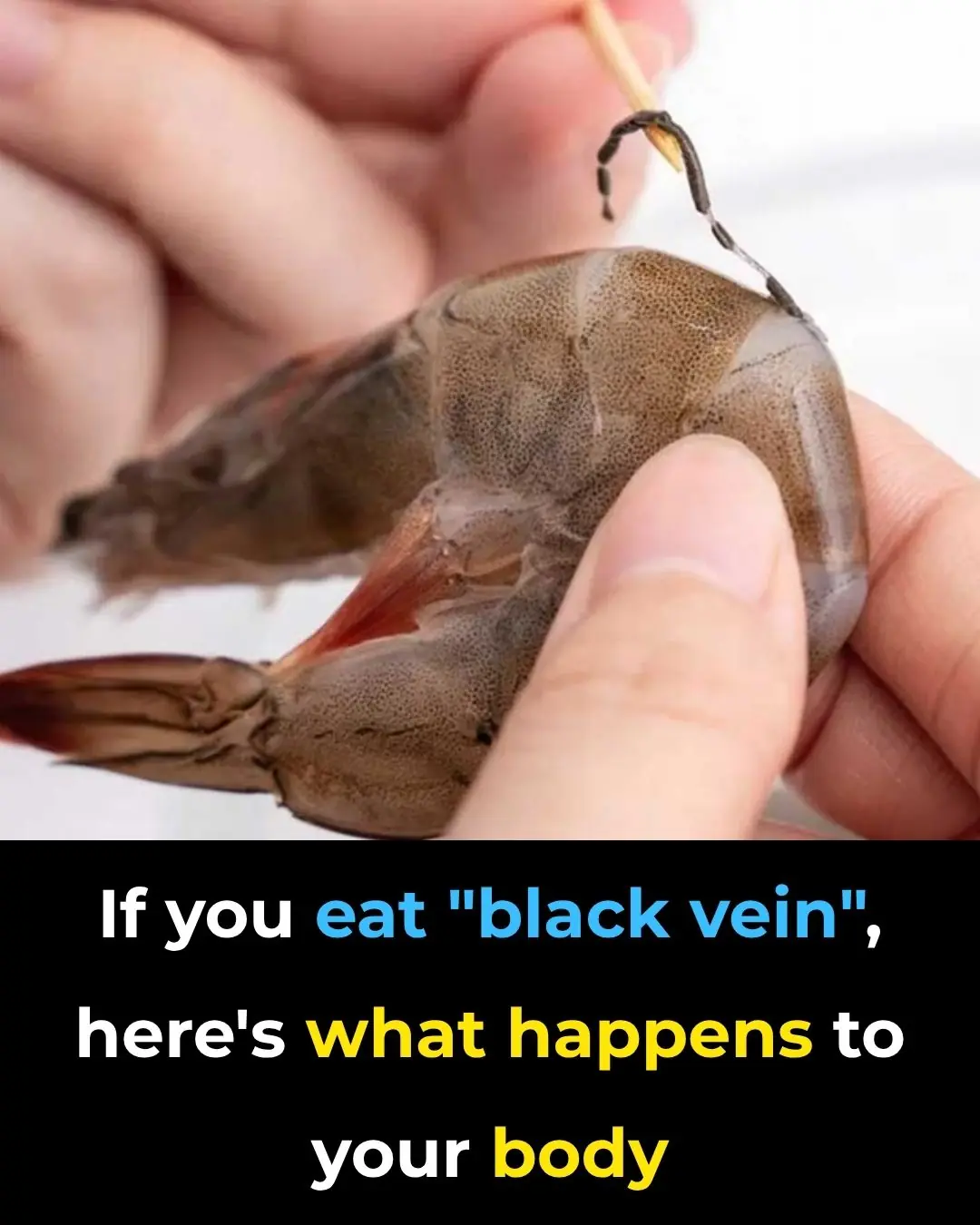
The Truth About Eating the Black Vein in Shrimp Tails

This is why you should keep the bathroom light on when sleeping in a hotel
Leaving your hotel bathroom light on at night might seem unnecessary, but it could be a small habit that makes a big difference for your comfort and safety. From preventing nighttime accidents to deterring intruders, experts say this simple tip can protec

The Mystical Gaboon Viper, Master Of Disguise And Deadly Accuracy

If You See Square Waves Forming In The Ocean, Get Out Of The Water Immediately

A Greenland Shark Born in 1620 is Still Alive Four Centuries Later
News Post

14 Warning Signs of Low Magnesium Levels and What to Do About It (Science Based)

5 Unconventional Signs of Breast Cancer That You Must Know About
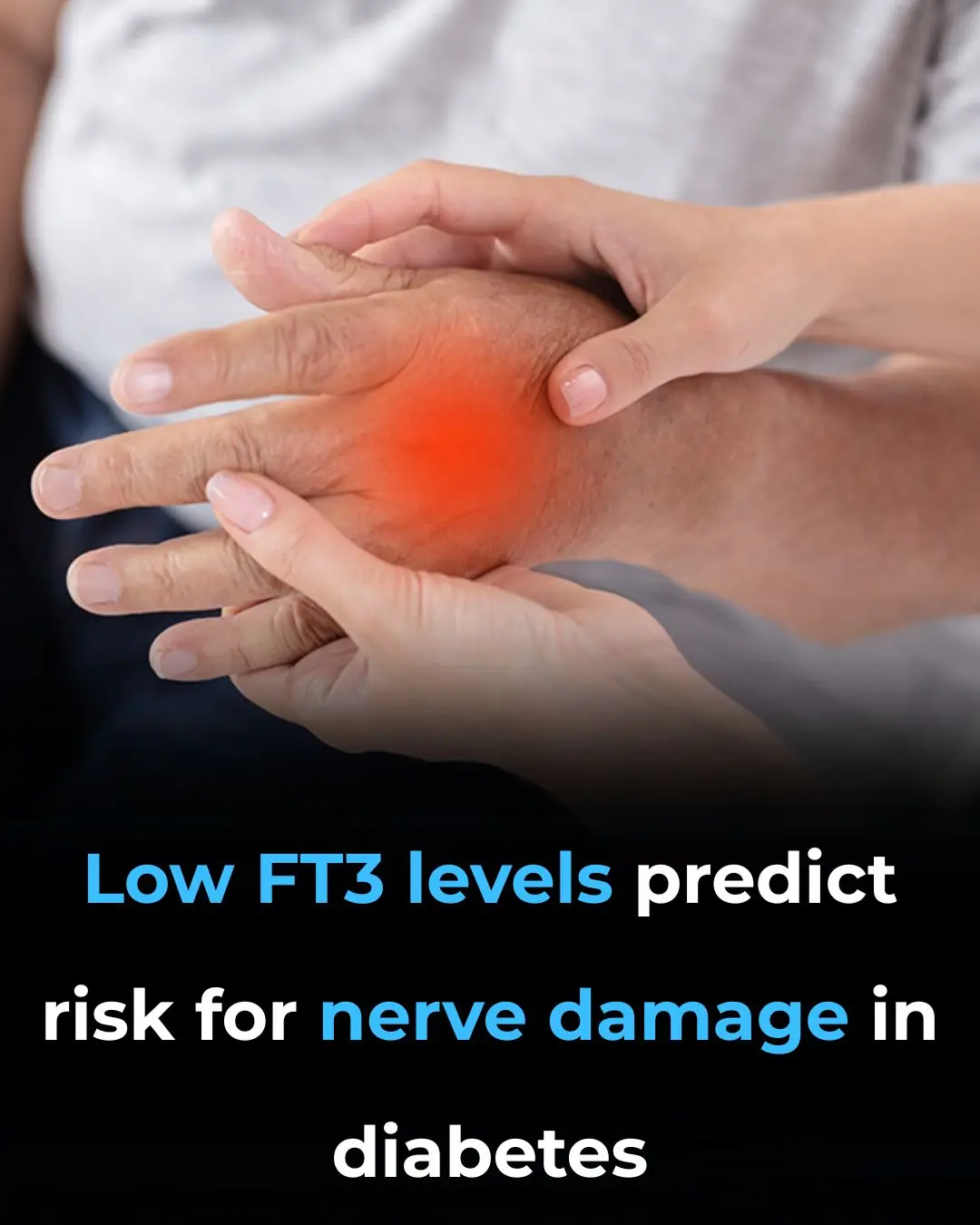
Low FT3 Levels Predict Risk for Nerve Damage in Diabetes
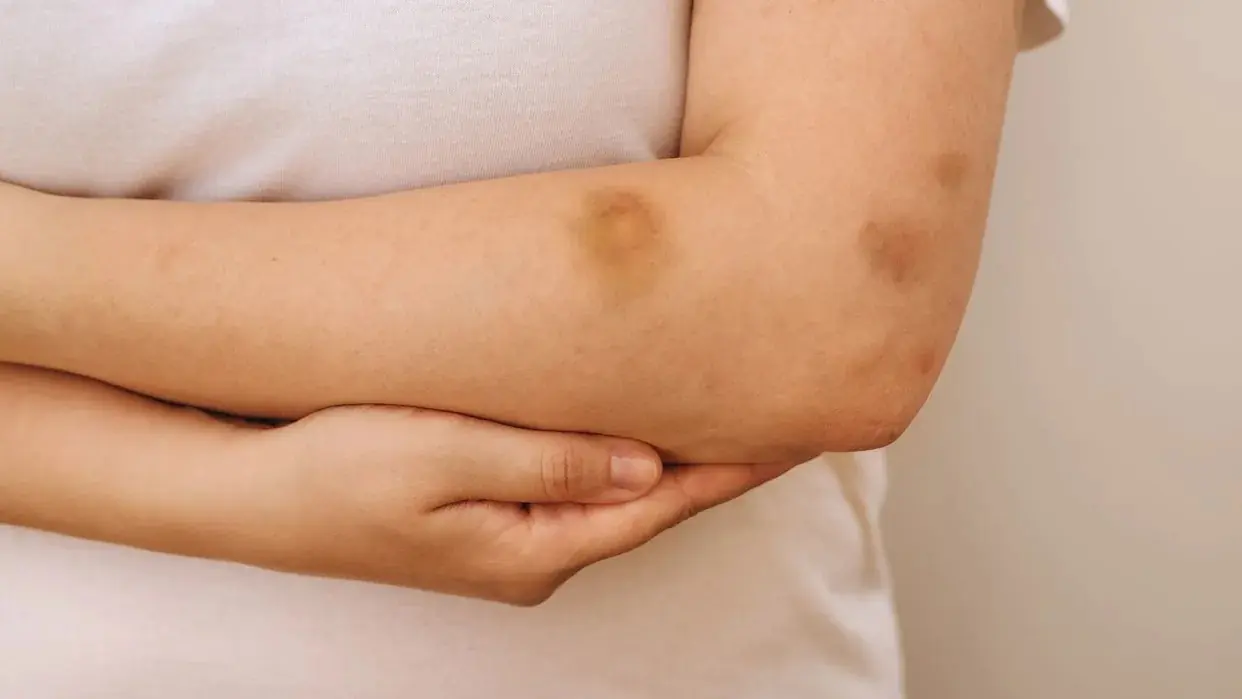
Doctors Urge: Don’t Ignore Unexplained Bruising — These Hidden Reasons Could Be the Cause
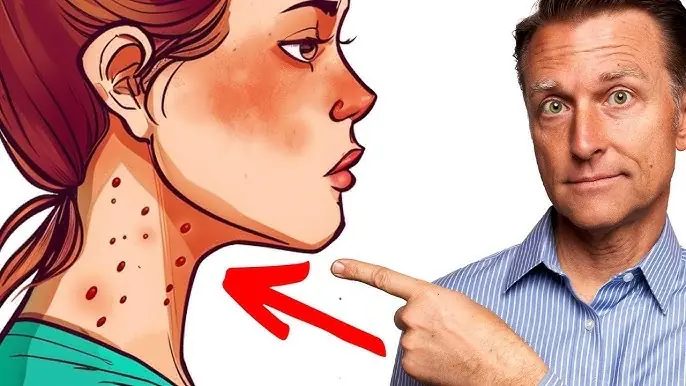
12 Urgent Warning Signs You’re Eating Too Much Sugar
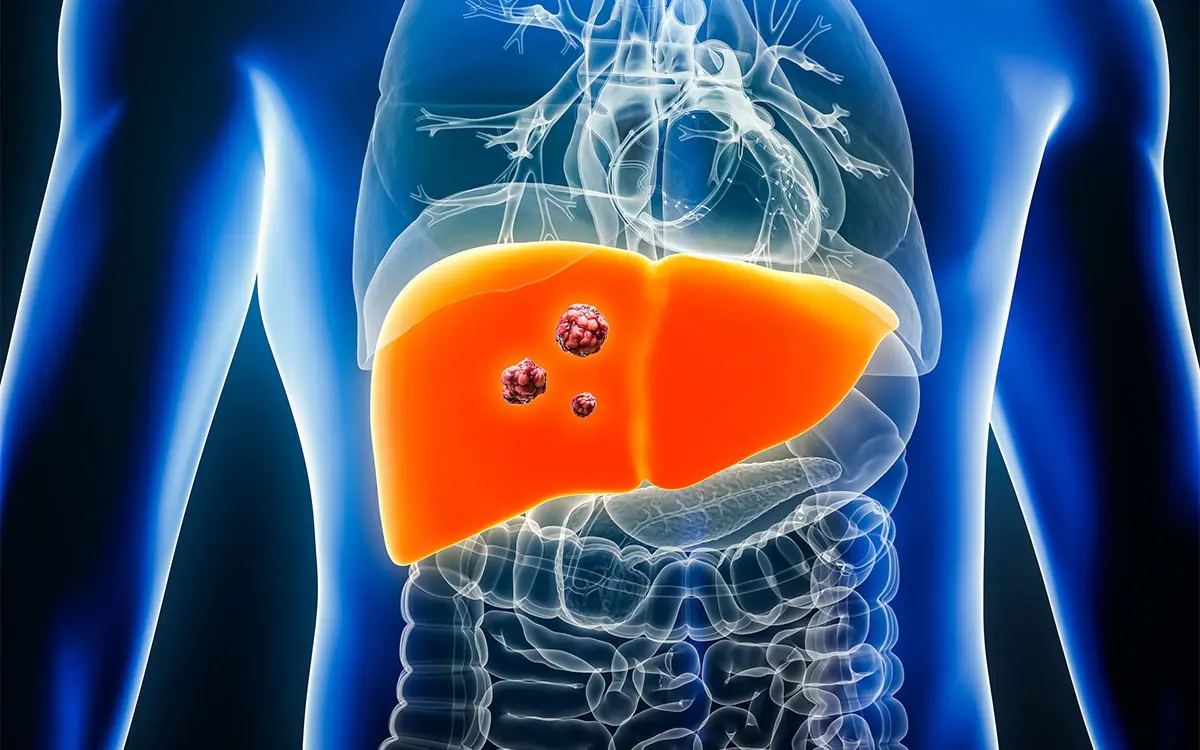
5 Common Habits Silently Destroying Your Liver (Most People Do Them!)

Where Do You Stand on the Sitting-Rising Test?

The Ultimate Guide to Marinating Fish
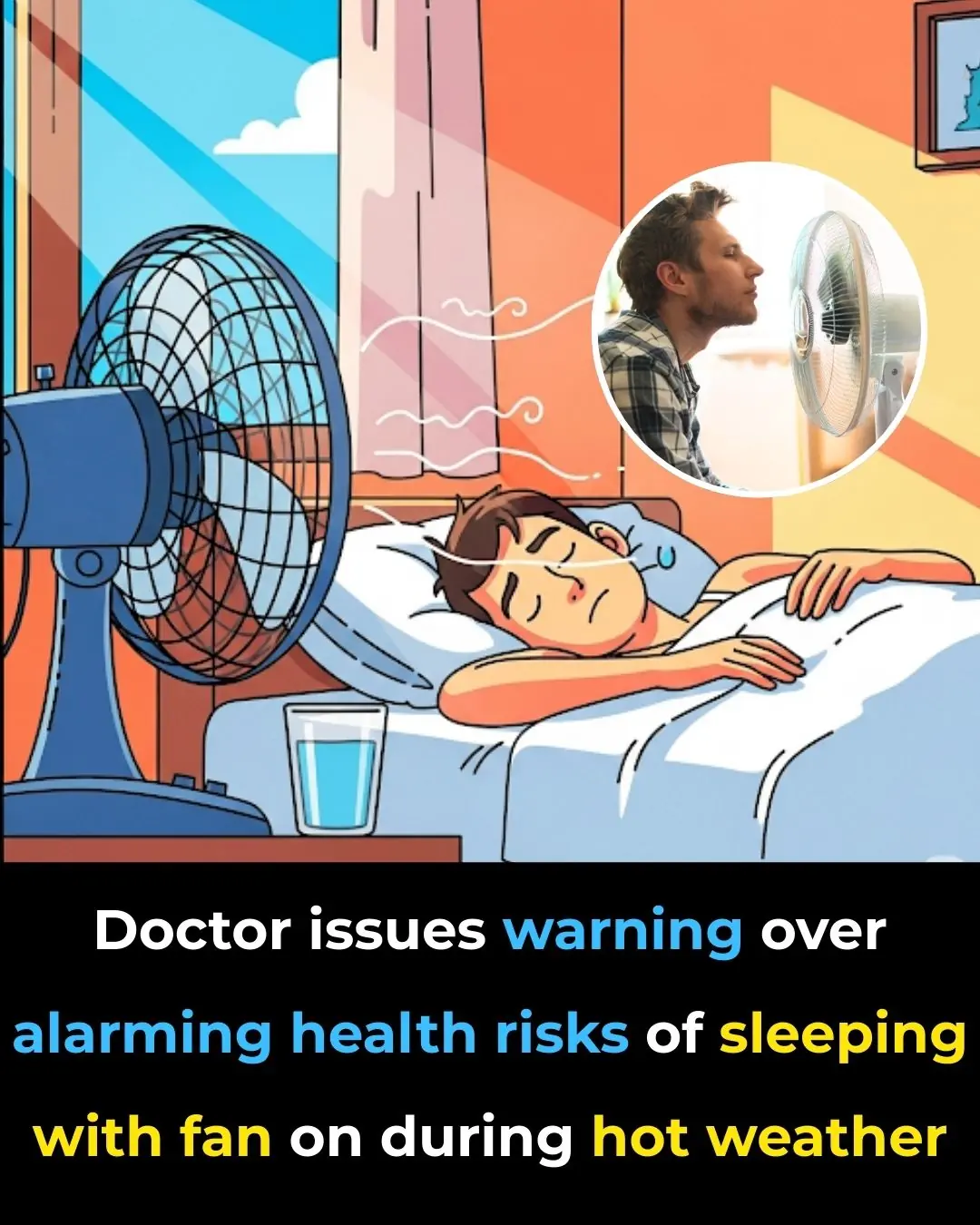
The Pros and Cons of Sleeping with a Fan On

One Button, Big Savings: Cut Energy Costs with Every Wash
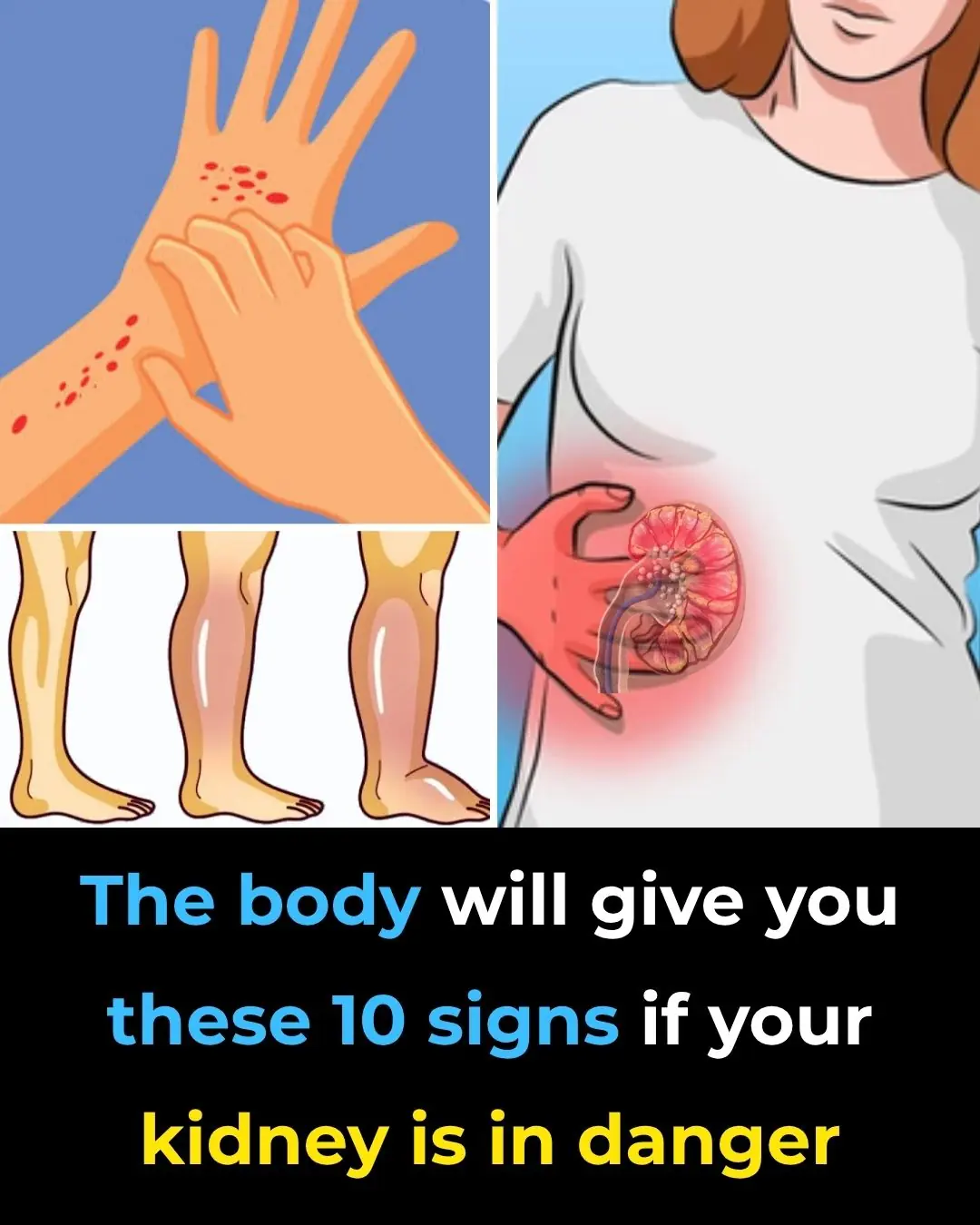
10 Symptoms of Kidney Disease

10 Types of Toxic Friends to Avoid

Index Finger Length: Personality and Fortune

5 Potential Health Benefits of Macadamia Nuts

How to Exercise Safely When You Have Atrial Fibrillation
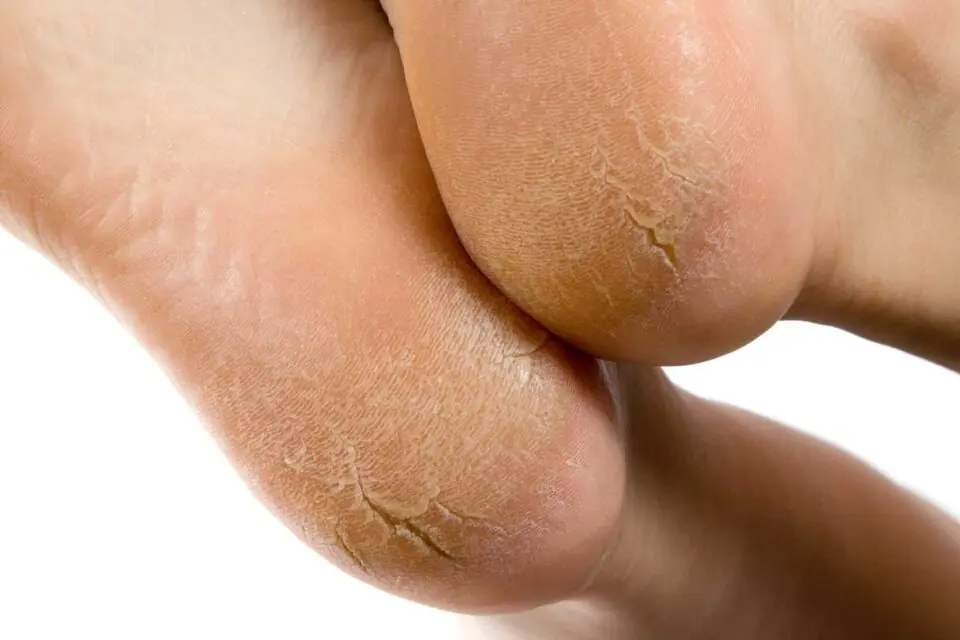
How to Get Rid of Dead Dry Skin on Feet

Foods to Eat if You Need to Poop – The Best Natural Laxatives

How to Make Onion Juice for Hair Growth & Strong Hair

3 Best Ways to Boil Sweet Potatoes for Maximum Flavor
